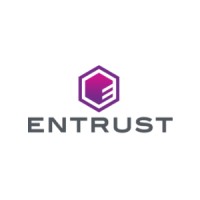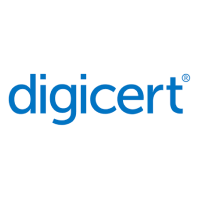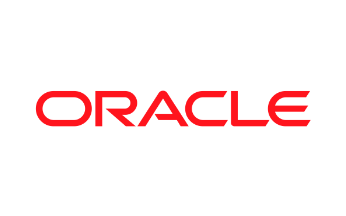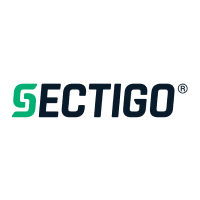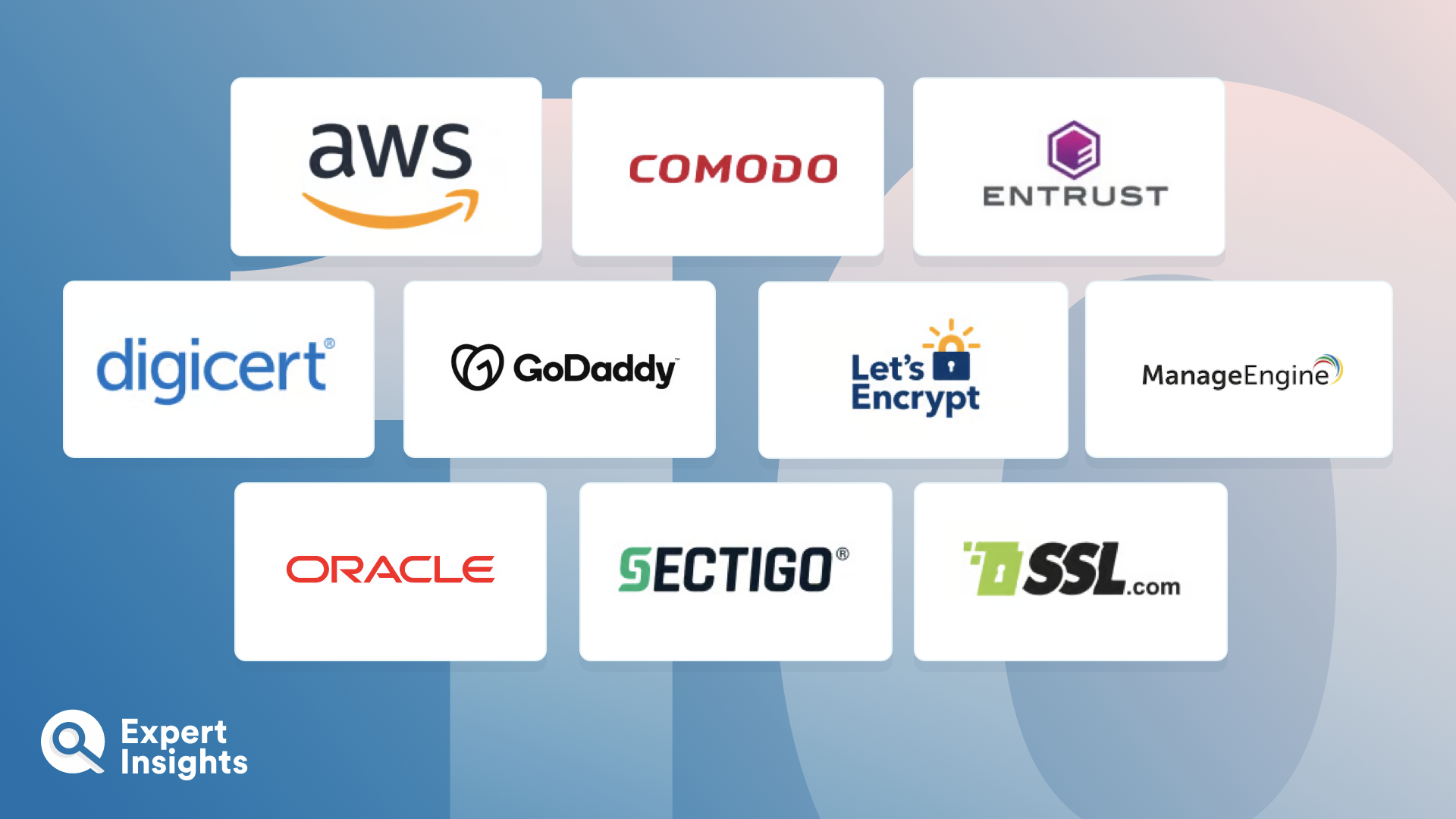Secure Sockets Layer (SSL) and Transport Layer Security (TLS) certificates—also known as digital certificates—are data files hosted in a website’s origin server that ensure the secure transmission of data between that web server and visitors’ browsers. SSL/TLS certificates encrypt all the data sent between a user’s browser, a website, and the web server. This helps protect sensitive information such as login credentials, personal information, and financial transactions.
These certificates also verify the identity of the domain that an end user is visiting, ensuring they’re connecting to a legitimate website and not a fraudulent or malicious domain. Finally, all websites with an SSL/TLS certificate can use the HTTPS protocol, which is the most secure protocol for sending data between a website and a browser.
Using HTTPS not only enhance security, but it also displays to end users that your website is legitimate and secure; without HTTPS, users may decide to browse elsewhere.
SSL/TLS certificates are issued by Certificate Authorities (CAs), which verify the ownership and legitimacy of a website. After successfully validating the domain owner, the CA provides a digital certificate that can be installed on the server. This certificate contains information such as the domain and any subdomains that the certificate was issued for, which CA issues the certificate, and the certificate’s issue and expiry dates. Because digital certificates expire, organizations using them must make sure to keep track of which certificates they have in place and renew them when needed. For larger enterprises that may require multiple certificates, this can be a time-consuming and tedious task.
That’s where SSL/TLS certificate management software comes in. Certificate management software helps organizations to keep track of their SSL/TLS certificates, ensuring they’re configured properly, automatically renewed, and revoked if they become compromised.
In this article, we’ll explore the top SSL/TLS certificate software platforms. We’ll highlight the key use cases and features of each solution, what levels of validation and certificate types are offered, automation alerting, and encryption. To help you find the right software for your website, we’ve included both solutions that offer full certificate lifecycle management, and some that offer the certificates themselves.





